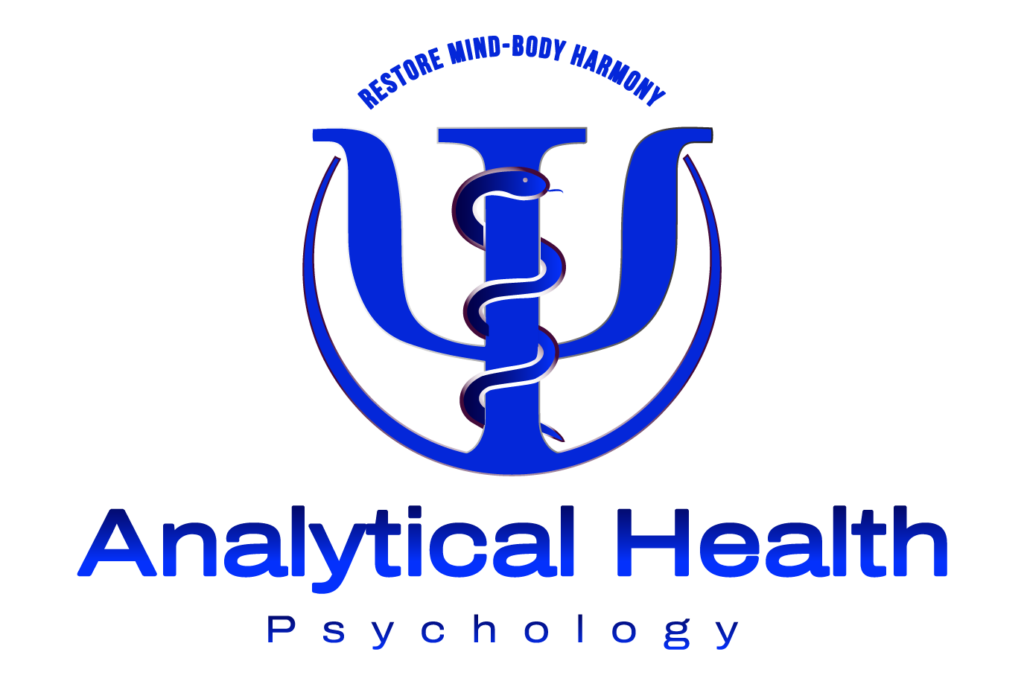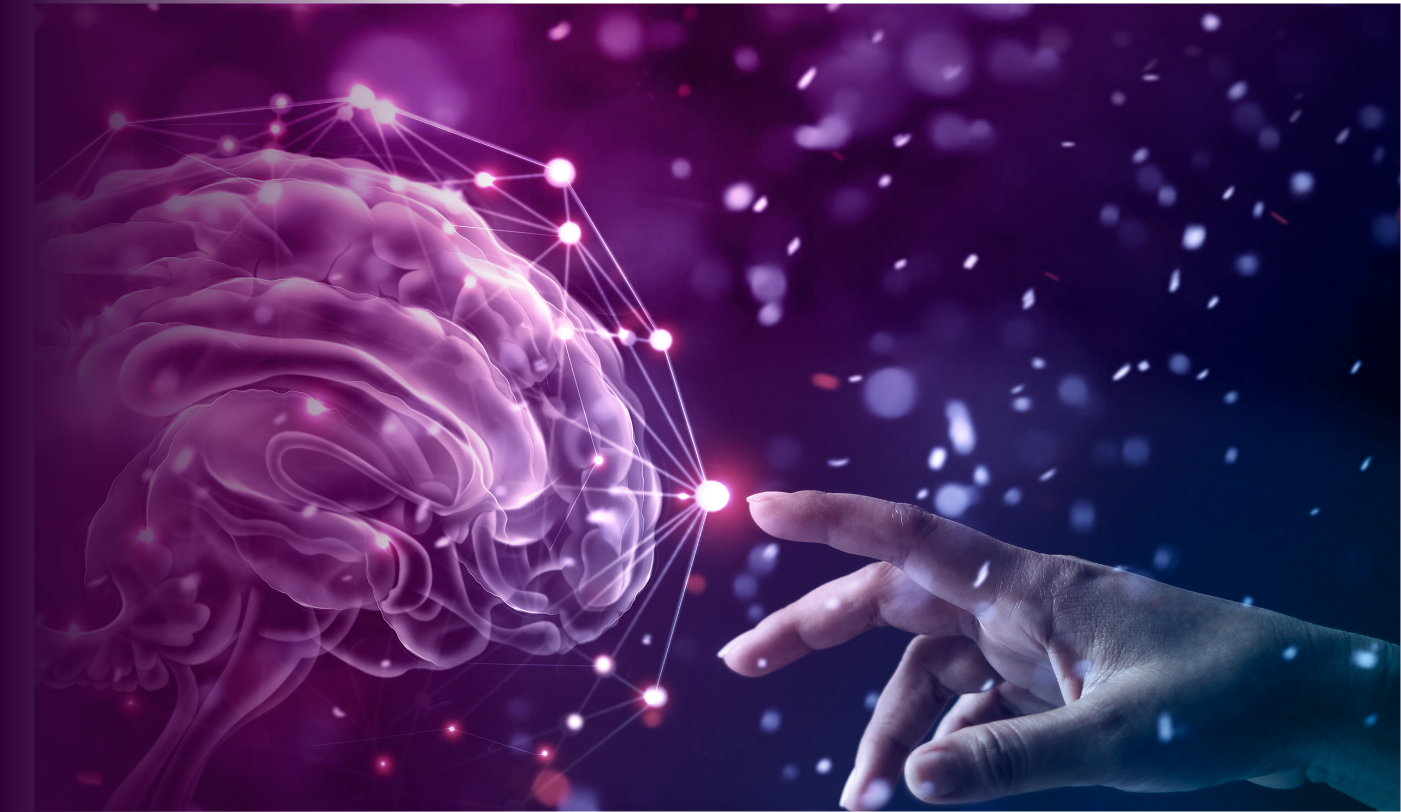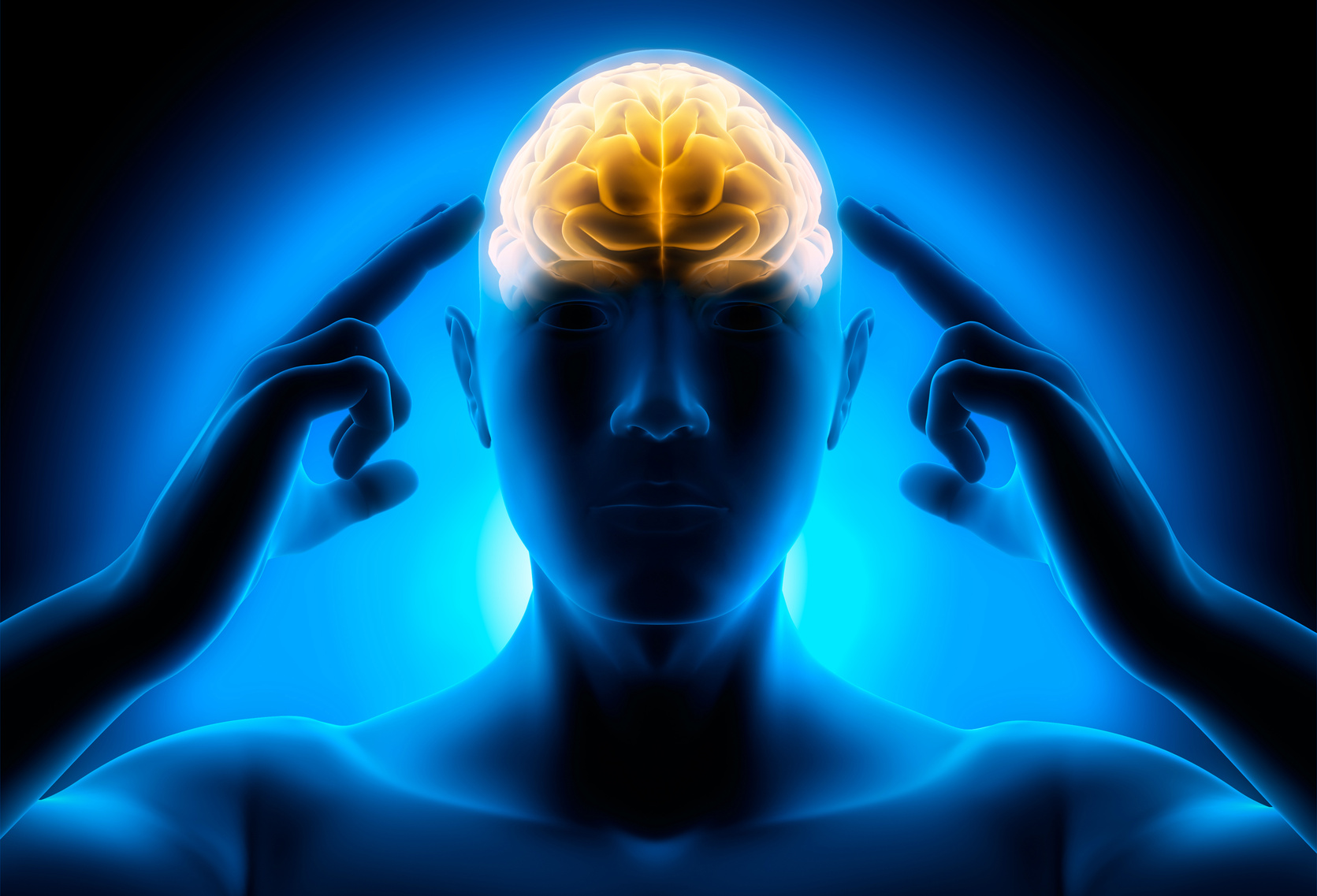Restore Mind-Body Harmony at
Analytical Health Psychology
Let’s think together, explore complex mind-body interactions, and restore mind-body harmony …. Read more
Experience compassionate and specialized insight-oriented care with Dr. Bradni, Clinical Health Psychologist for the following concerns and more:
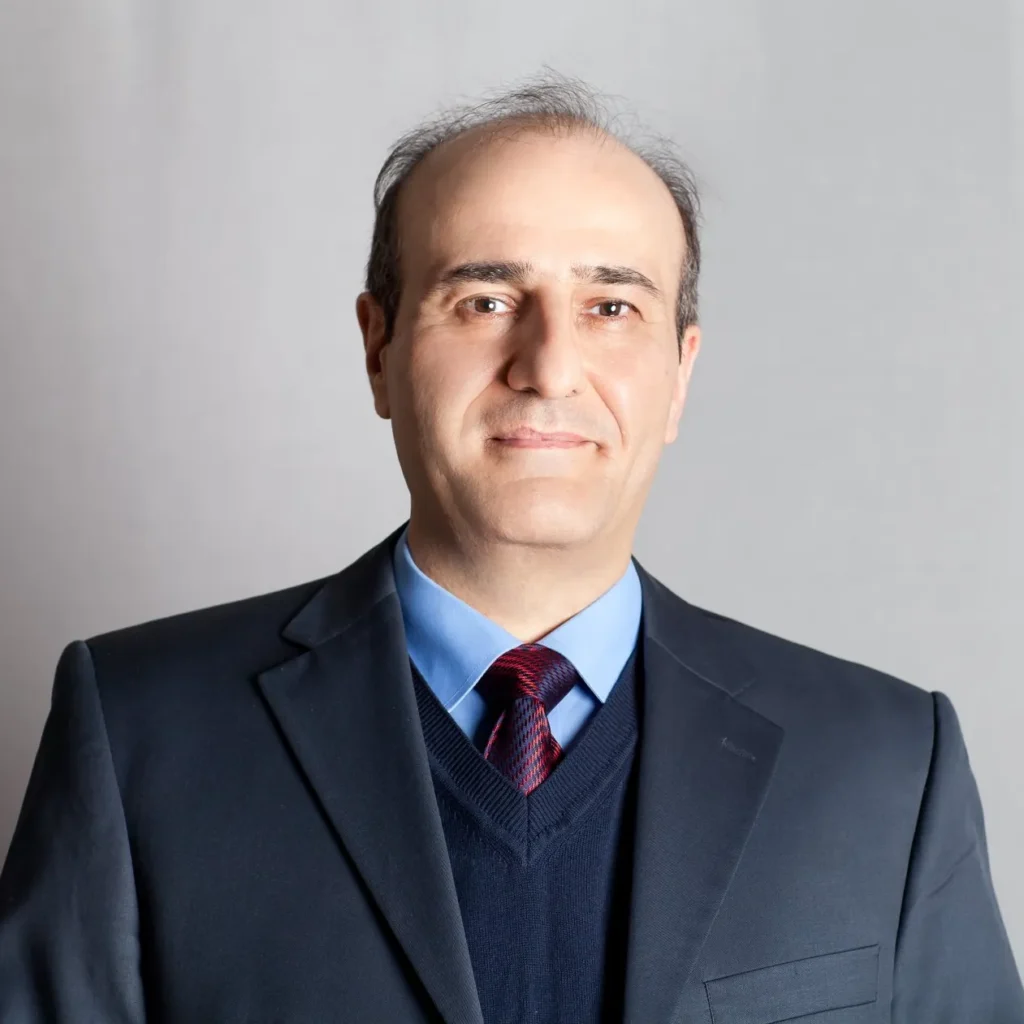
- Health and Mood Disorders
- Disorders of Gut-Brain Interaction (DGBI)
- Chronic pain
- Tic Disorder and Tourette Syndrome
Accessing Services
01.
Initial Consultation
Schedule a one-on-one free consultation to discuss your concerns and explore how AHP Services align with your needs.
02.
Appointment Request
Easily request an appointment through my user-friendly online platform, providing flexibility to fit your schedule.
AHP Model
Let's Think Together
In my therapeutic approach, we will explore your experience of mind-body (psychosomatic) dysregulation that caused the physical symptoms, such as gastrointestinal problems (e.g., Irritable bowel syndrome (IBS), functional nausea, functional abdominal pain, chronic pain, trauma-related weight gain, sleep-wake cycle dysregulation, etc.
Let's Plan Together
Mind-body (psychosomatic) dysregulation is challenging and complex and primarily associated with difficult emotions (e.g., anxiety, depression, anger, guilt, etc.), relational difficulties (e.g., social isolation), and self-esteem concerns. We reflect together to create a treatment plan focusing on your short-term and long-term goals. In our journey, we employ complex evidence-based therapeutic techniques, such as Clinical Hypnosis, Free Association, Dream Work, and other depth-oriented strategies supported by neuroscientific findings about the human mind.
Let's Start Together
Metaphorically speaking, our therapeutic relationship will function as a container that holds complex emotions so we can explore, tolerate, and process them without judgment. As a result, your body will be relieved from its containing function, and the physical symptoms will diminish. In our therapeutic journey, you will access your strengths, invest your mental energy in restoring your mind-body harmony, and actualize your capacities. Our journey is not a talking cure but a transformative relational cure rooted in neuroscience, health psychology, and psychoanalysis, leading to effective coping, increased insight, and long-lasting therapeutic gains.
Solutions for Lasting Therapeutic Gain
Explore AHP’s unique approach addressing mind-body disorders like IBS, chronic pain, and mood disorders.
Experience a Transformative and Lasting Cure
Raymond A. Bradni, Ph.D.
Are you suffering from a mind-body (psychosomatic) disorder? Dr. Bradni has advanced training and experience to deliver the best care.
My Treatment
I employ complex therapeutic techniques, such as clinical hypnosis, free association, dream work, and other depth-oriented strategies supported by neuroscientific findings about the human mind to help reduce symptoms and restore mind-body harmony.
My Services
I specialize in treating children, adolescents, and adults with a variety of mind-body (psychosomatic) and mood disorders.
Frequently Asked Question
Analytical Health Psychotherapy (AHP) is an integrated insight-oriented, psychodynamic, and psychoanalytic approach to Health Psychology developed by Clinical Health Psychologist Dr. Raymond Bradni. AHP clinicians focus on insight-oriented treatments of the mind-body (psychosomatic) disorders and help patients to restore their mind-body harmony.
Mind-body disorders, also known as psychosomatic disorders, happen when the body (Soma) acts as a container of mental (Psychic) stress. That is, the body (Soma) would contain the problematic and painful emotional experiences (e.g., anxiety, depression, guilt, etc.) and make them more concrete and tolerable. Before meeting with a health psychologist, individuals who suffer from psychosomatic disorders often meet with their physicians in different specialties (e.g., gastroenterologists, pain management clinicians, etc.) who cannot explain their physical symptoms with a medical explanation. Some examples of such disorders are disorders of Gut-Brain interaction (DGBI) like Irritable bowel syndrome (IBS), functional nausea, functional abdominal pain, eating disorders, trauma or stress-related weight gain, chronic pain, sleep-wake cycle dysregulation, etc.
AHP clinicians can effectively treat mind-body (psychosomatic) disorders that do not respond to short-term psychotherapies such as Cognitive Behavioral Therapy (CBT), solution-focused treatment, and other approaches that solely focus on symptom reduction. AHP treatment is contingent upon the patient’s physicians ruling out the medical causes for the physical symptoms.
Although short-term therapeutic strategies (e.g., CBT, DBT, PRT, etc.) might be effective for a short period, their positive effects may fade over time, and the individual might suffer from the same or other physical manifestations or forms of mind-body (psychosomatic) disorders. AHP explores the underpinning elements that caused the symptoms in the first place so the therapeutic gain would be long-lasting.
⦁ Supportive Phase:
In the supportive treatment phase, which lasts approximately 12-15 sessions, the clinician and the patient establish a therapeutic alliance, practice coping strategies to reduce the physical symptoms and explore how the mind and body interact. The primary goal of the supportive phase is symptom reduction, regaining daily functioning, and establishing a solid ground for the Analytical phase. At the end of the first phase, the clinician and patient would collaboratively decide to continue care to the analytical phase as needed.
⦁ Analytical Phase:
The primary goal of the analytical phase is to gain insight into the origins of emotional distress and inner conflicts that manifest in physical symptoms. The frequency and length of the treatment depend on several factors, including the intensity and complexity of the emotional challenges and inner conflicts, socio-cultural background, and the nature of the identified psychological complexes. Unlike the traditional psychoanalytic approach, the AHP clinician may meet once or twice weekly or less frequently with the patient while monitoring the mind-body harmony and modifying the therapeutic approach as needed. The AHP clinician and patient would decide about the termination of therapy collaboratively.
Contact Me
Your well-being is my top priority
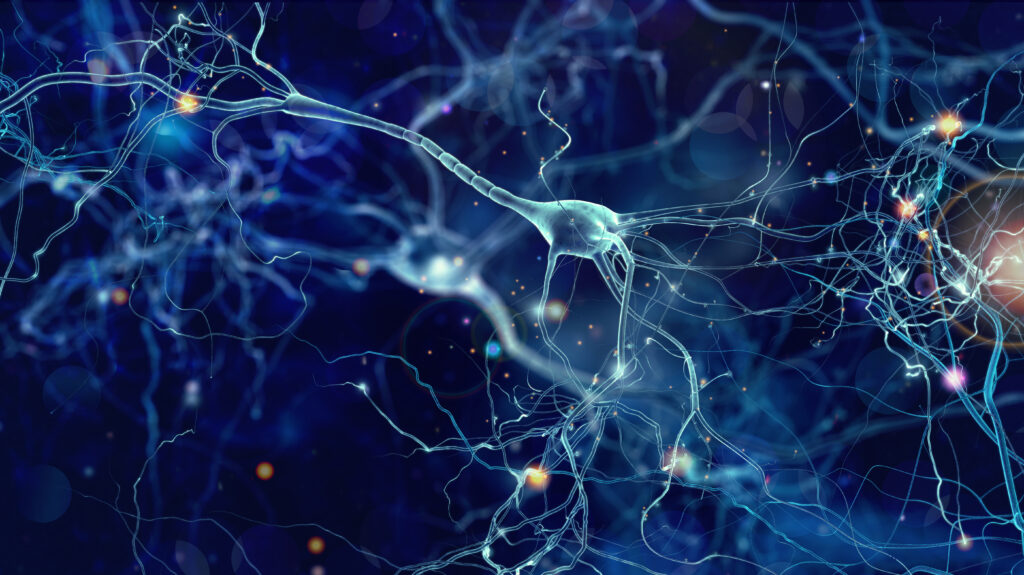
Worrying Does Not Empty Tomorrow Of Its Troubles, It Empties Today Of Its Strength.
Lorem ipsum dolor sit amet, consectetur adipiscing elit. Ut elit tellus, luctus nec ullamcorper mattis, pulvinar dapibus leo.
